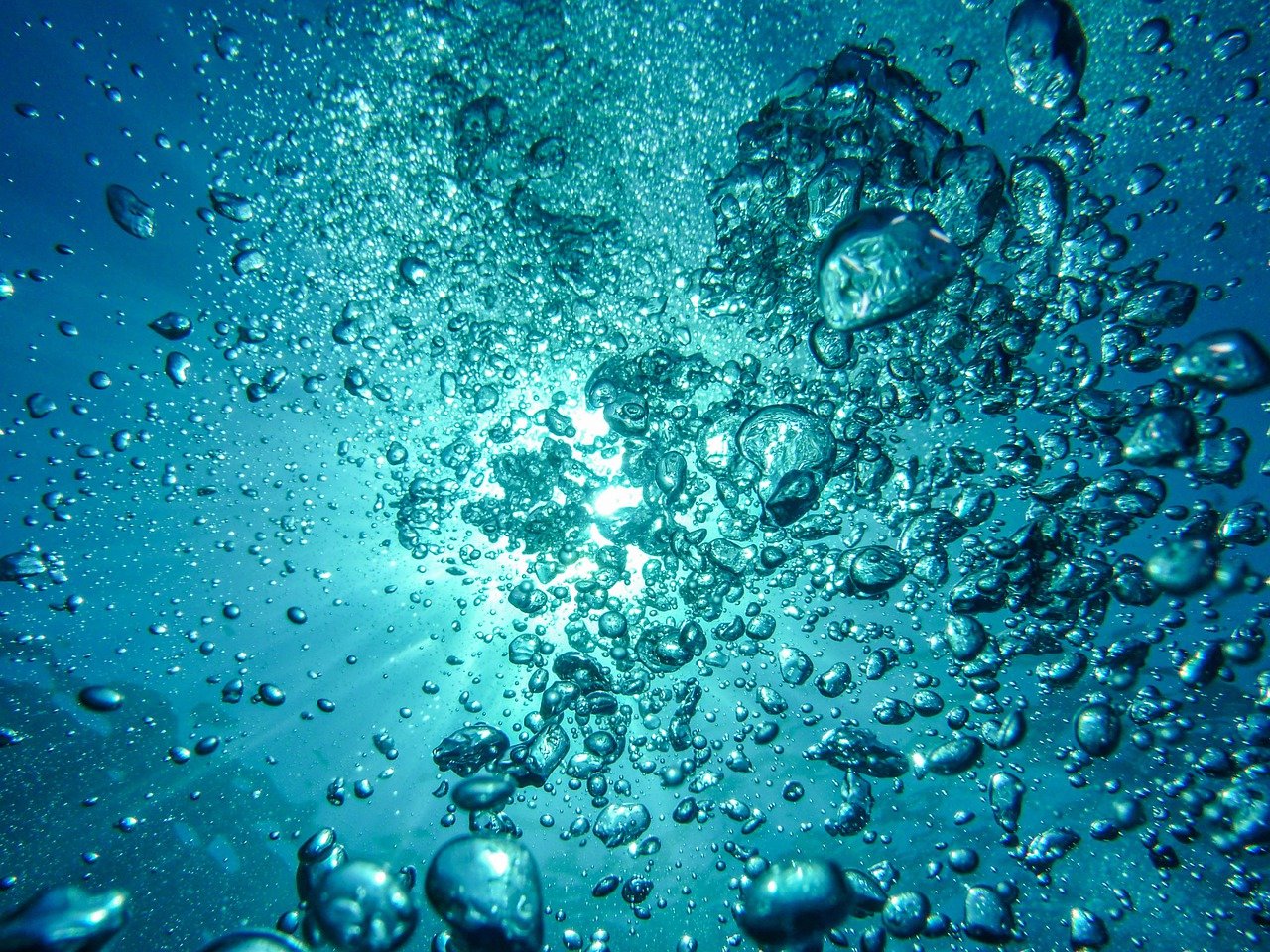How alkaline water is made?
None |

Alkaline water is water that has a higher pH level than tap water. The process of making alkaline water involves increasing the pH of regular drinking water through a variety of methods.
One method of making alkaline water is through the use of an alkaline water filter. These filters typically contain a substance called an "ion exchange resin" which is designed to remove acidic substances from the water, thereby increasing its pH level. The water is then passed through the filter and emerges as alkaline water.
Another method of making alkaline water is through the use of a process called "electrolysis." In this process, an electric current is passed through the water, which separates it into alkaline and acidic components. The alkaline component is then collected and can be consumed as alkaline water.
Yet another method of making alkaline water is through the use of a process called "reverse osmosis." This process uses a semi-permeable membrane to filter out impurities and contaminants from the water, leaving behind pure alkaline water.
Regardless of the method used, the end result is the same: alkaline water with a higher pH level than regular tap water. This higher pH level is believed by some to have numerous health benefits, including improved hydration, better digestion, and a stronger immune system. However, it's important to note that these benefits have not been conclusively proven and more research is needed in this area.
In conclusion, there are several methods for making alkaline water, each of which involves increasing the pH level of regular drinking water. While some people believe that alkaline water has health benefits, more research is needed to confirm these claims.
About Us
Our company have more the 7 years of experience in filter water adding minerals to improve the health of the customers, request a quote for home house systems.
Contact me